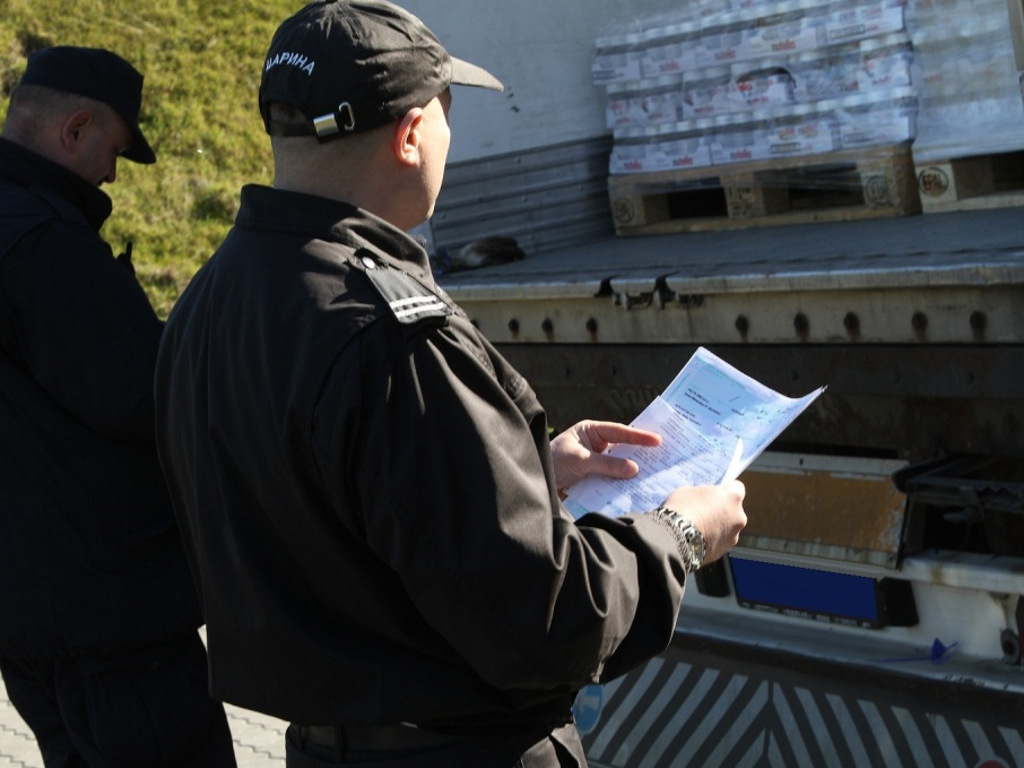Draft Customs Law adopted – Certain procedures stand to be simplified
Source: Beta
 Tuesday, 17.07.2018.
Tuesday, 17.07.2018.
 15:17
15:17
 Tuesday, 17.07.2018.
Tuesday, 17.07.2018.
 15:17
15:17
Illustration (Photo: carina.rs)

As his cabinet announced, Mali said that the law proscribes electronic communication between the customs authorities and the private sector.
He explained that customs declarations would be submitted electronically and that new IT systems needed to be built, whereas the existing ones needed to be upgraded, in order for those provisions to be implemented, which requires a certain amount of time. He added that the EU planned for this to be carried out by the end of 2020.
The draft law, Mali added, implements new simplifications of customs procedures, such as centralized customs clearance and self-evaluation, whereas the existing simplifications entail the usage of data from the books of business entities to a greater extent.
– Compared to the current Customs Law, this is the first time that the provisions pertaining to customs debt are found in the initial chapters, which points to the remarkable importance of the financial aspect in the implementation of customs regulations. Another new feature is a new categorization of customs procedures: release of goods into free circulation, special procedures and export – the minister said and added that mandatory security has been defined for the majority of customs procedures.
According to Mali, the draft law also envisages the storage of goods in free zones as a special customs procedure – free zone procedure.
The minister also said that the customs procedures of processing under customs supervision and inward processing were abolished and that the institution of an authorized business entity was strengthened.
– Inward processing can be approved without the obligation of having the goods re-exported – Mali said.
As he added, another new feature is the period within which goods can be temporarily stored, which has been increased from 20 to 90 days, and the period within which goods can remain in the procedure of temporary import is now 10 years.
Companies:
 Ministarstvo finansija Republike Srbije
Ministarstvo finansija Republike Srbije
Tags:
Sinisa Mali
Draft Customs Law
Customs Law
customs procedures
simplification of customs procedures
electronic submission of customs declarations
centralized customs clearance
new classification of customs procedures
free zone storage
free zone procedure
temporary storage period
temporary import procedure
customs debt
implementation of customs regulations
import
export
inward processing
Comments
Your comment
Most Important News
Full information is available only to commercial users-subscribers and it is necessary to log in.
Follow the news, tenders, grants, legal regulations and reports on our portal.
Registracija na eKapiji vam omogućava pristup potpunim informacijama i dnevnom biltenu
Naš dnevni ekonomski bilten će stizati na vašu mejl adresu krajem svakog radnog dana. Bilteni su personalizovani prema interesovanjima svakog korisnika zasebno,
uz konsultacije sa našim ekspertima.


 Izdanje Srbija
Izdanje Srbija Serbische Ausgabe
Serbische Ausgabe Izdanje BiH
Izdanje BiH Izdanje Crna Gora
Izdanje Crna Gora


 News
News






